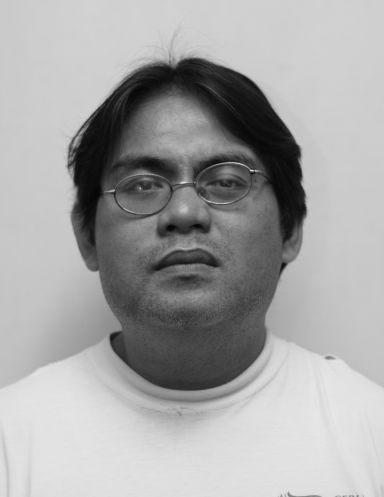
CAPILLAS
Last Sunday dawn’s police raid at the home of Ozamiz City Mayor Reynaldo Parojinog that resulted in his death and the deaths of his wife and 13 others ran more like a by-the-numbers paramilitary operation than a run-of-the-mill police operation.
Based on the questioning by some opposition senators about why the police chose to serve a warrant before dawn instead of waking hours and the police’s decision to cut off the power and security cameras, the obvious intention was to cripple and blind the targets in order to render them inoperative.
If last Sunday’s dawn raid was a conventional police operation, a police officer would, like what happened at the home of Cebuano businessman/suspected drug trafficker Peter Lim, serve the warrant at their residence.
They will then be met by security guards who will tell them offhand that their employer is gone, along with whatever items that may be used against them like drugs and firearms.
Then again, while both law enforcement and military operations are anything but conventional, they do follow certain procedures in keeping with their adherence to both domestic and international law.
In a radio interview, Chief Insp. Jovie Espenido, Ozamiz City police chief, said he was tired of being given the run-around by Mayor Reynaldo Parojinog when he questioned him about the large cache of firearms supposedly in his possession.
Having been identified by President Rodrigo Duterte last year as a drug coddler/protector/lord, Parojinog could have changed his ways, but as Espenido said, the mayor showed no compunction to do so.
While debate raged for and against — mostly in support of since a lot of Filipinos have zero sympathy for the Parojinogs due to their ties to the Kuratong Baleleng syndicate — Espenido’s operation against the Parojinogs, there was one little detail worth considering, and that’s the proposed requirement for police officers active in the field to wear strap-on or wearable body cameras to monitor their movements.
Last I heard, PNP Director General Roland “Bato” dela Rosa was supportive of police officers wearing cameras if only to disprove allegations of irregularities in their operations against drug suspects.
While the technology had been in use since 2005 in First World countries, there are concerns from rights groups that the body cameras can, like any piece of technology, be manipulated to protect the police.
Still, if the PNP finds it difficult to buy bullets and firearms for their police officers, I don’t know if they would have the budget to buy body cameras for their people on the field.
* * *
Some of the inputs or talking points I managed to catch after tuning in late to last Wednesday afternoon’s televised public hearing by the House transportation committee on the operation of Uber, Grab and other transport network services firms:
The issue is not about Uber, Grab and other transport network vehicle services (TNVS) against the public utility vehicle (PUVs);
The lawmakers agreed that a regulatory agency like the Land Transportation and Franchising and Regulatory Board (LTFRB) should continue to formulate policies to govern these transport network services firms;
Other countries like the US have not welcomed Uber even if the firm started its operations, and taxi operators in states like Texas have banned Uber from their area;
The Philippines is the only country in Asia, perhaps even the world, whose government had been willing to incorporate and include these transport network service firms as alternative mass transport;
Both Uber and Grab have instituted self-regulation measures to professionalize their ranks, but their representatives are open to cooperating with the government.
What is paramount of course is the welfare and protection of the commuters, and that’s something the lawmakers and those invited to the committee hearing agreed on unanimously.
And while traditional PUV operators spent considerable amount and time to acquire their franchise and complied with strict regulations from government, Uber, Grab and these transport network vehicle services only had to secure accreditation for their drivers to earn a profit, driving commuters to and from their destination.
I hope that Congress would be able to finalize guidelines and requirements for these transport app firms before the year ends while ensuring a level playing field for both PUVs and these companies. As always, public interest should prevail.
Disclaimer: The comments uploaded on this site do not necessarily represent or reflect the views of management and owner of Cebudailynews. We reserve the right to exclude comments that we deem to be inconsistent with our editorial standards.
